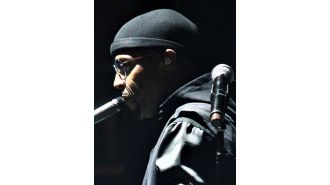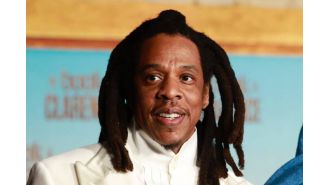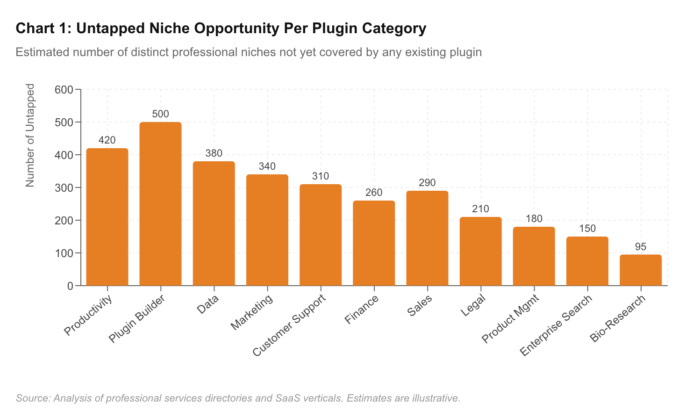Louisiana has recently implemented extreme measures such as castration for child sex offenders and expanded gun rights.
Other states have laws for chemical castration as punishment for child rapists, but only recently has a state given judges the power to sentence physical castration.

Louisiana, a state known for its conservative policies, has recently enacted several controversial laws, causing a stir among its citizens. One of the most contentious measures is the allowance of castration as a punishment for certain sexual crimes against children, making it the first state to permit actual castration as a form of punishment. While other states have laws allowing chemical castration, Louisiana's political landscape has made it easier for conservative policies to become law, even if they are morally or constitutionally questionable.
Critics of the castration law argue that it may violate constitutional protections against cruel and unusual punishment. Gwynneth O'Neill, a criminal defense attorney and member of the National Association of Criminal Defense Lawyers, called the law "draconian" and "overkill". She expressed concerns about the vague language used in the law and how it may not be applied fairly, potentially leading to discrimination. O'Neill also worries that the law could put defense attorneys in a difficult position and has been compared to the death penalty in terms of its severity.
In addition to the castration law, Louisiana has also enacted other controversial measures, such as restricting the use of absentee ballots and barring teachers from discussing gender identity and sexual orientation in schools. These laws were previously blocked by former Democratic Governor John Bel Edwards, but with the election of Gov. Jeff Landry, they have now become law.
One of the most concerning laws is the "buffer zone" law, which imposes a fine, jail time, or both on anyone who approaches within 25 feet of a police officer who is lawfully engaged in their duties. Critics, including the American Civil Liberties Union of Louisiana, argue that this law could impede the public's First Amendment rights, as it could discourage people from filming police misconduct or violence. Bystander videos have been crucial in shedding light on police actions and promoting transparency.
Another controversial law is the state's decision to join 27 other states in allowing anyone 18 years of age or older to carry a concealed firearm without a permit. While supporters argue that this law expands Second Amendment rights, detractors worry about the lack of training requirements and potential for increased gun violence.
All of these laws have been met with criticism and concerns about their impact on the state and its citizens. The American Civil Liberties Union has been actively fighting against these laws, including the one that requires the Ten Commandments to be posted in public classrooms. As Louisiana continues to push for conservative policies, the debate over their constitutionality and potential consequences will surely continue.
43 Views










